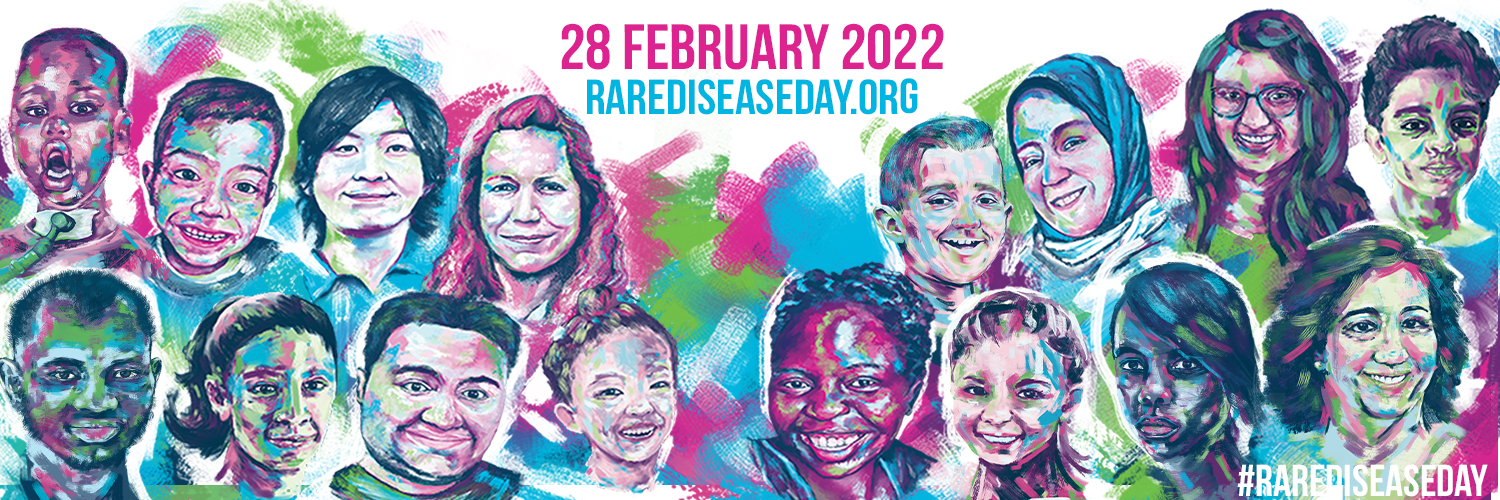The last day of February marks Rare Disease Day. It aims to raise awareness of rare diseases. A rare disease is defined by the EU if it occurs in less than 1 in 2000 people [1]. Taken together there are more than 6000 rare diseases worldwide and 1 in 17 people will be affected by a rare disease in their life time [1]. In the UK there are about 3.5 million people with a rare disease [1]. Research into rare diseases in important, but also more difficult because there are only a few people with the same condition.
You might wonder what the Musketeers have to do with rare disease research. The Musketeers’ Memorandum or 'NIHR UK Rare Genetic Disease Research Consortium Agreement' is a collaboration agreement between 24 NHS organisations to work together on studies about rare diseases. It was put in place to make research into rare diseases easier. You can read more about it on this website: Musketeers (google.com)
NHS Grampian is one of the participating centres of the Musketeers’ Memorandum and several studies are led from here by Prof Zosia Miedzybrodzka. Zosia is a clinical geneticist. She told us: “Research is key to improving the understanding of the causes and course, and most importantly, improving care of rare diseases. The Musketeers memorandum has been a game changer in simplifying the process for research approvals for rare disease studies and that in term has increased study participation and improved care.”
Here are some Musketeers' studies which are running in NHS Grampian
EXE-T1D - EXtremely Early-onset Type 1 Diabetes
The SCOTTY Study - whole genome sequencing study of young colon cancer patients and their parents
Genetic Investigations of Rare Disorders of Metabolism and/or Growth
PURA Syndrome Longitudinal Natural History Study.
